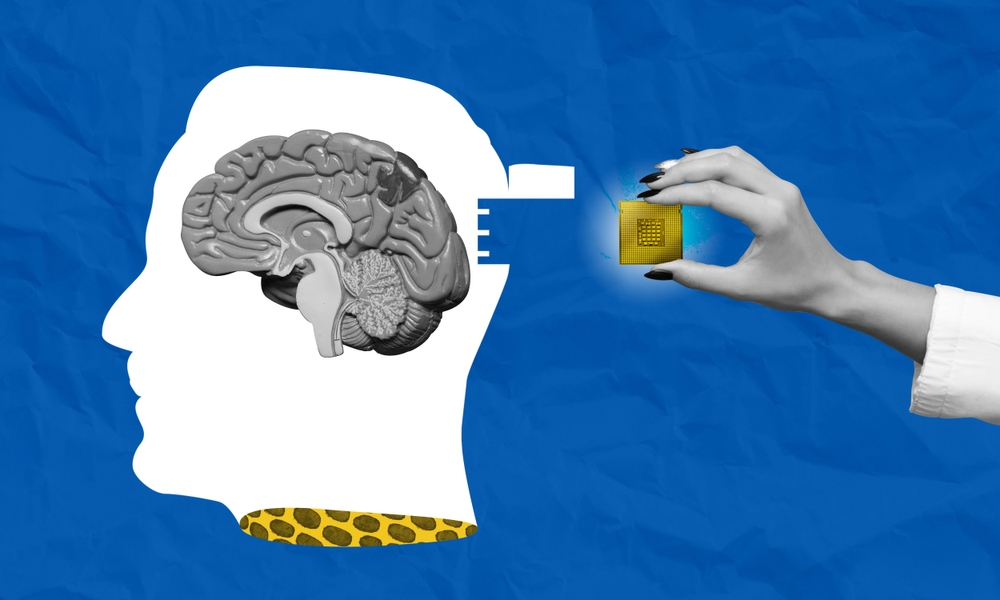the Chinese government has established a committee to develop standards for brain implant technology.
Others are reading now
China has set its sights on becoming a leader in brain implant technology, mirroring the advancements made by Elon Musk’s Neuralink project.
Rapidly Evolving Sector
According to EL Economista this emerging field aims to merge human biology with robotics, potentially revolutionizing medical treatments for neurological disorders.
Recent reports from Bloomberg indicate that the Chinese government has established a committee to develop standards for brain implant technology. This strategic move involves leveraging the country’s vast resources, including industry firms, research institutes, universities, and a cadre of experts. Their goal is clear: to bridge the technological gap with Western counterparts and assert dominance in this rapidly evolving sector.
The Ministry of Industry and Information Technology has assembled specialists tasked with defining technical requirements and ethical standards for clinical applications of brain implants.
Also read
Key responsibilities include acquiring, encoding, and decoding brain information, preprocessing data, and ensuring secure communication protocols.
A Set Deadline
With a deadline set for July 30, 2024, Chinese experts are under pressure to deliberate and provide comprehensive recommendations.
While companies like Neuralink have already made significant strides in implanting brain chips in humans, China is not far behind.
Recent advancements include the implementation of devices like the Neural Electronic Opportunity at Tsinghua University, which reportedly restored mobility to a paralyzed patient.
However, caution is warranted as China accelerates its efforts. Rushing to market without thorough safety evaluations could pose risks. The imperative to launch quickly to compete with existing projects must be balanced with ensuring the technology’s reliability and safety.
In this race towards human-machine integration, both China and Musk’s Neuralink are poised to reshape medical treatments and redefine the boundaries of human capability. As developments unfold, global attention will remain focused on how these advancements will influence healthcare, ethics, and the future of technological innovation.








